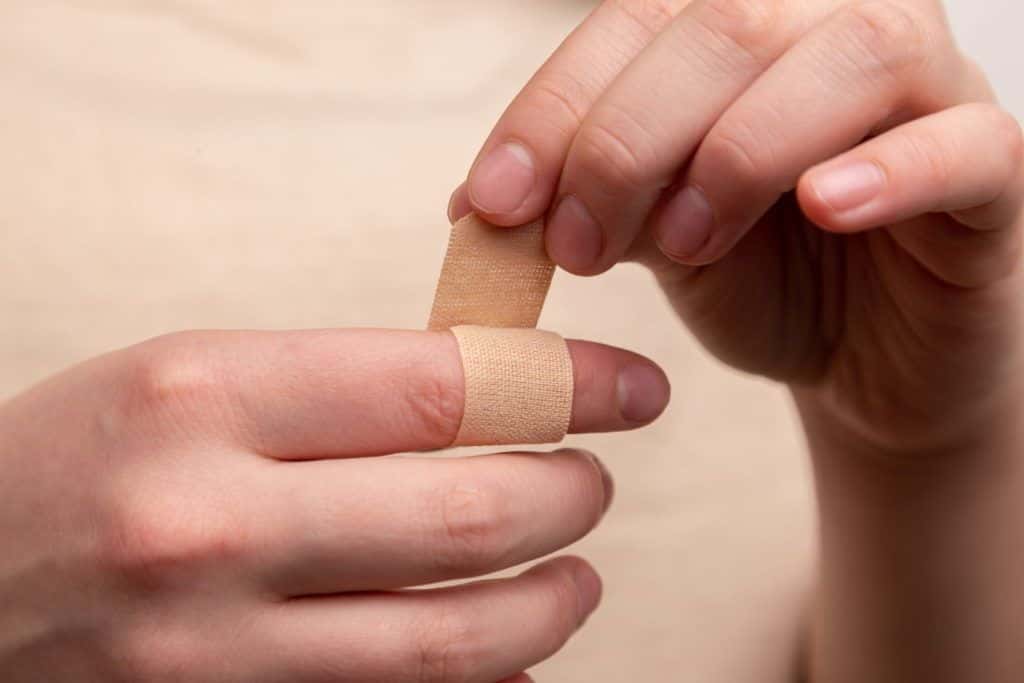HR Legal
Heatwave - No Special Leave for Employees
Camila Antonucci
on July 21, 2022 • 2 min. reading time
A heatwave undoubtedly makes work challenging. At extreme temperatures, the body can react with dizziness, headaches, or fatigue.

Protecting the health and safety of employees is paramount in such physically demanding situations. However, there is, in fact, no right that allows taking a step back from working at high temperatures or to take time off from work due to extreme heat.
Heat Leave - a Definition
This term refers to a specific activity due to very high external temperatures. The most well-known application: During a heatwave, students, in most cases, are granted time off from school. However, this is unfortunately not the case in the workplace. Employees must endure high temperatures and continue to perform well at work to the best of their abilities.
At What Temperatures Must Employers Take Action?
Currently, there is no direct legal entitlement to a heat leave. Nevertheless, employers are urged to take measures to create a suitable working environment during heatwaves when outdoor temperatures exceed +26°C.
This includes, for example, the use of fans and a good ventilation in the early morning hours, providing beverages, or effectively controlling sun protection. In the office or workplace, good working conditions must be ensured for employees.
Similar measures apply in home offices: Employees have the same legal entitlement, but they must take care of their well-being themselves. A suitable workspace is recommended, but the responsibility for maintaining, ensuring, and designing a comfortable home workspace no longer lies with the employer.
Despite the absence of a specific provision for heat leave, employers are responsible for the safety and health of their employees and must take appropriate measures. A heatwave also jeopardizes our health in terms of mental exhaustion, which results in burnouts or a generally uncomfortable work environment.
What to Do During a Heatwave?
To stay physically and mentally fit during extreme temperatures, these simple measures can help:
- Drink enough water
- Eat fruits, vegetables, and salads
- Wear lightweight clothing and sun protection
- Avoid intense workouts or activities in direct sunlight.


